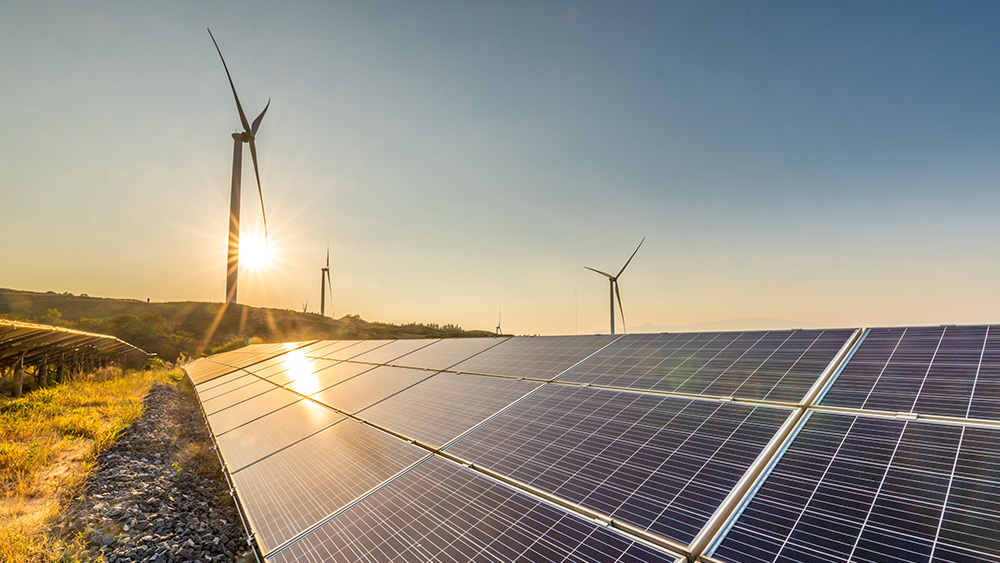
For as long as she can remember, electrical engineering junior Alyssa Brown has enjoyed math and science. More recently, she has become painfully aware of the effects of global warming on the world. Combining her love for STEM with her desire to help in the fight against climate change, she decided to pursue a degree in the Department of Electrical and Computer Engineering at Texas A&M University.

“I wanted to do something where I could make an impact on the environment but still be within the realms of math and science and I figured electrical engineering was the best route to do that,” Brown said. “I wanted to be part of the industry that could make a difference in power production and renewable energy.”
To get a head start on accomplishing her goals, Brown has been working on research with Dr. Prasad Enjeti, TI Professor III in Analog Engineering. In fact, she is currently enrolled in his graduate-level course on power electronics as an undergraduate student and is working on a project in his class to design an AC to DC power adapter with built-in features to make it similar to a typical "brick" on a laptop charger.
“Dr. Enjeti provided some specifications for the project but gave my partner and I design liberty for the most part,” Brown said. “This project is very similar to something power electronics engineers would be working on at companies like Dell, Microsoft, Apple and many others since we are also taking into consideration the cost of materials and trying to optimize the design with this in mind.”
Brown hopes to earn her doctoral degree in electrical engineering and is excited that she has the opportunity to pursue research as an undergraduate student. Undergraduate research has provided an avenue for Brown to hone her skills and knowledge of power electronics, even if she hasn’t taken a course covering the subject yet.
Honestly, I don’t want to work on anything mundane in my life. I have always wanted to be a part of some sort of innovation and change. To do that, you really need to be involved in research.
Brown hopes to earn her doctoral degree in electrical engineering and is excited that she has the opportunity to pursue research as an undergraduate student. Undergraduate research has provided an avenue for Brown to hone her skills and knowledge of power electronics, even if she hasn’t taken a course covering the subject yet.
Renewable energy is one of the most effective tools in the fight against climate change. Power electronics can increase the efficiency of renewable energy sources such as wind and solar power. Brown is eager to contribute in this area and her work as an undergraduate student is setting her up for a future filled with possibilities.